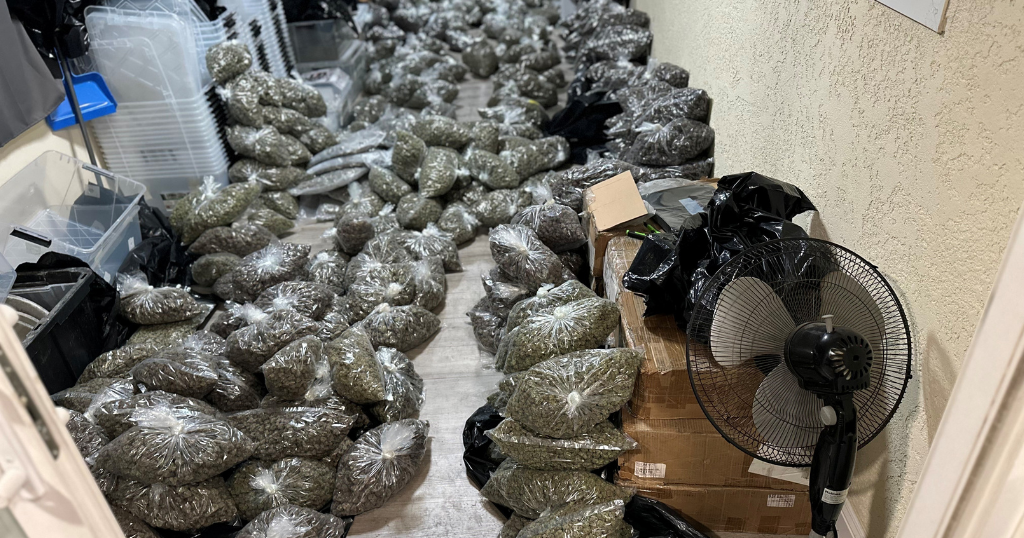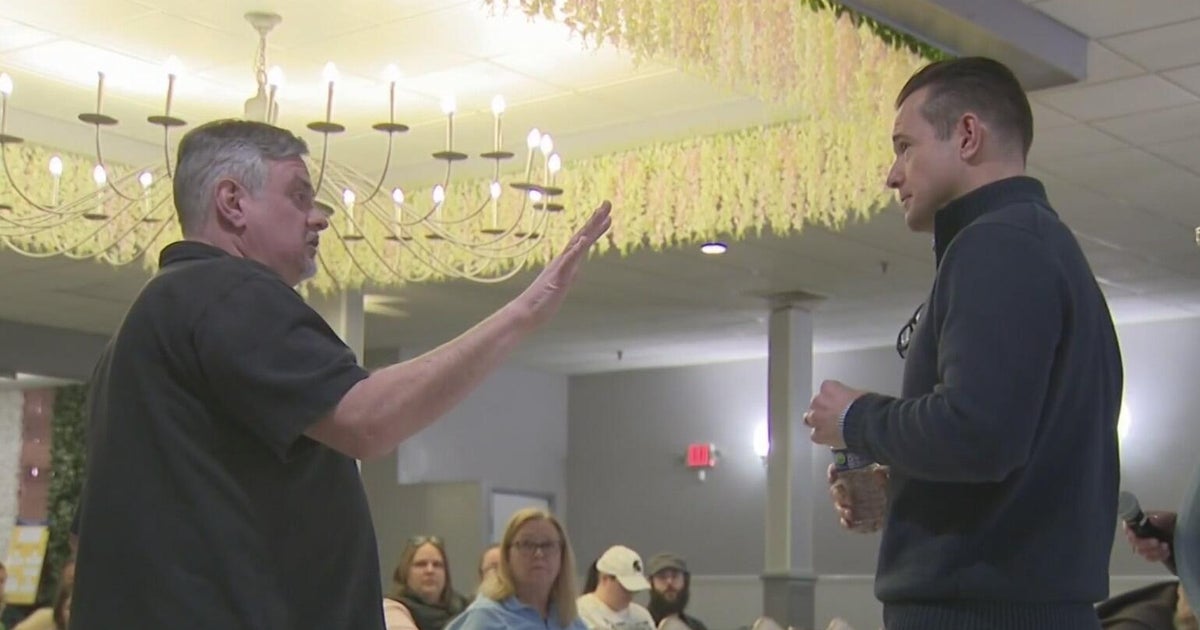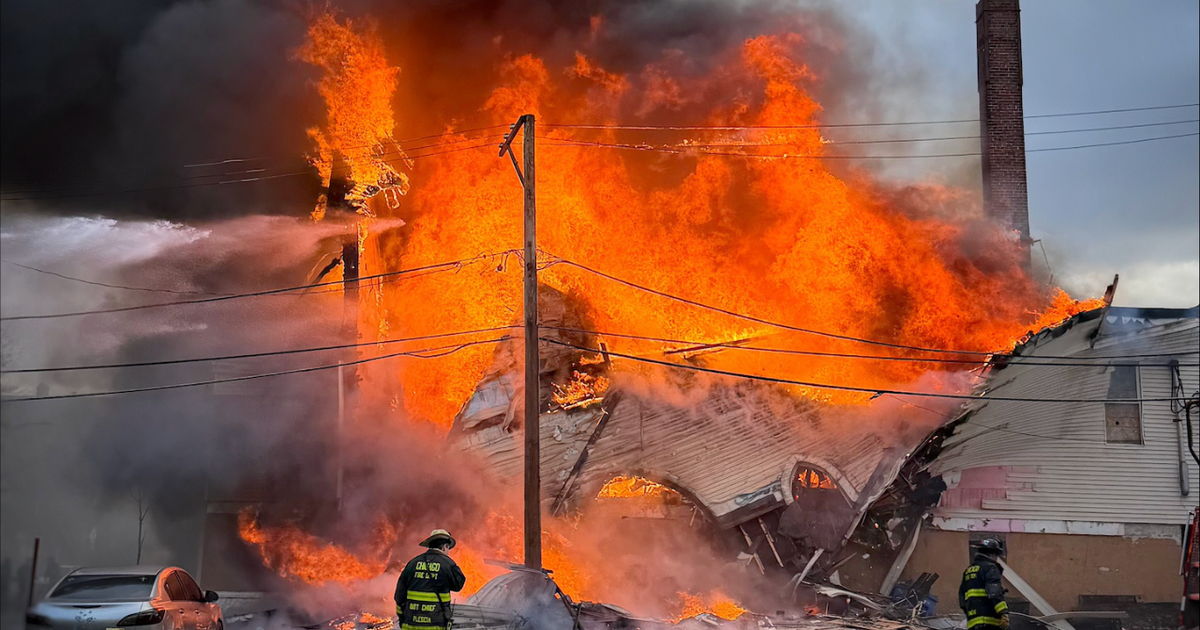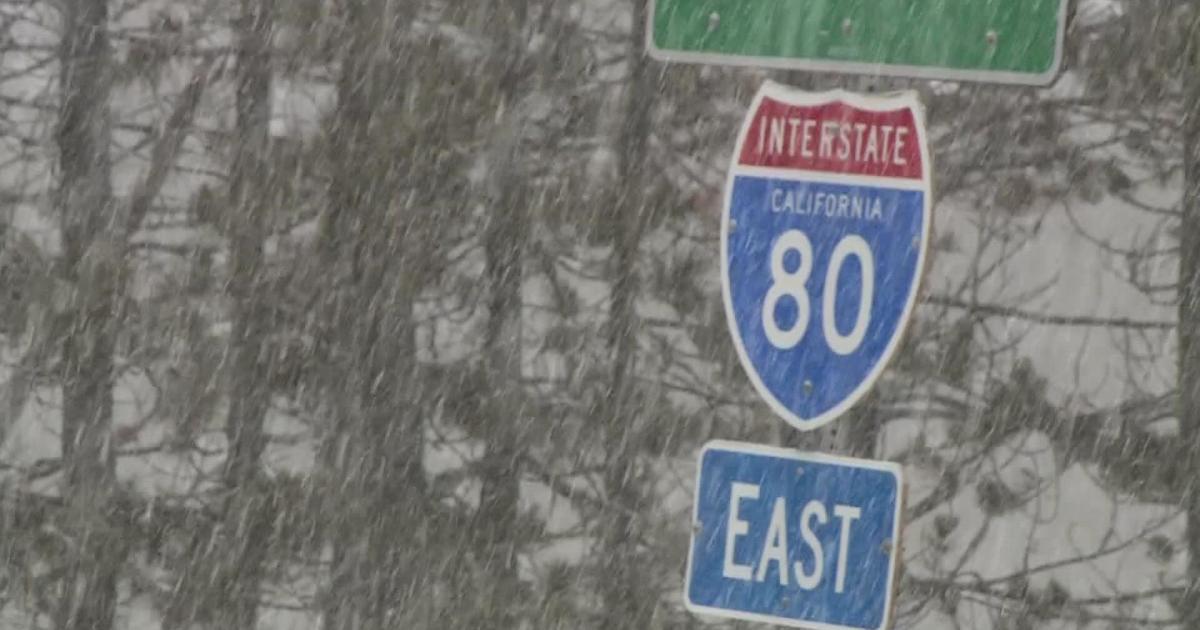What Happens Next If Marijuana Ballot Question Passes
BOSTON (CBS) -- Polls show strong support for Question 4, which would legalize recreational marijuana in Massachusetts. On a recent afternoon in Brookline, it was not hard to find people who are in favor of the idea.
"I don't see any harm in it. If that's what people want to do, let them live their life," one man said.
"I'm for it," another man said.
But a Yes on 4 victory will mean state lawmakers will have to tackle a number of challenges.
One of the biggest issues is edible marijuana products.
Edibles like gummies, pastry and other candies can be much more concentrated than smoking the plant. It also takes much longer for the digestive system to process edibles, delaying the effects of the drug. That leads some users to take too much at once.
Related: Pot Or Not?
Emergency rooms in Colorado have seen an uptick in marijuana overdoses due to edibles, since that state started selling recreational pot in 2014. While not nearly as dangerous as other drugs, too much marijuana can make you sick. "Fast heart rate and anxiety are the two most common symptoms we see with marijuana intoxication," explained Andrew Monte of The University of Colorado Hospital.
Another issue that fuels opposition from law enforcement is drugged driving. "We don't have standard field sobriety testing that's really associated with marijuana use," explained Walpole Police Chief John Carmichael.
Roadside tests that could detect marijuana in the blood could be available by the time stores start selling pot in 2018, but the man who leads the Yes on 4 Campaign believes those tests have their flaws. "The blood levels are really not reliable because they stay in your body up to 30 days after you have used marijuana or marijuana products," explained Will Luzier.
That was the case with a Denver woman the I-Team interviewed last year. She had marijuana in her blood, but she was acquitted. "Once the verdict came back I felt very relieved and happy that a jury of my peers realized that I was not impaired and these types of laws need to be addressed in a proper manner," she said.
There is also the debate over the tax rate. The way the ballot question is written the tax would be 12 percent. 6.25 percent is the standard Massachusetts sales tax, 2 percent would go to the city or town where the pot is sold and the remaining 3.75 percent would cover the cost of regulation and enforcement. But some believe that is not enough and are calling for a higher rate like in Washington State where the tax is a whopping 37 percent.
Luzier believes a sky-high tax would be counter-productive. "We want to make sure that we are able to undercut the black market and a lower tax rate can really do that," he said.
Marijuana remains illegal in the eyes of the federal government. Some experts believe if Massachusetts, and four other states considering legalization, all approve recreational pot, it could send a message to congress that it's time to make a change.







